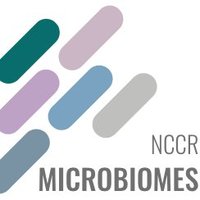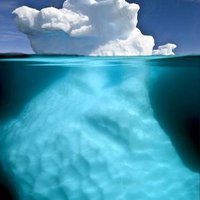
Maria Alvarez-Sanchez
@mariaalvarez_s
Exploring the Microcosm of Life within the Macrocosm of Ecosystems. Marine bacteria and their phages. PhD Student in Molecular Microbial Ecology @UA_Universidad
ID: 177156655
https://mme-research.com/ 11-08-2010 11:44:21
10,10K Tweet
373 Takipçi
824 Takip Edilen

We need a bold expansion of the One Health paradigm to converge with the view that microbes are the base of ecosystem and human health. When colleagues ask what is One Health Microbiome Science, direct them here and to One Health Microbiome Center authors tagged below. journals.asm.org/doi/10.1128/mb…





¿Quieres secuenciar comunidades microbianas 🦠🧫 con tecnología de nanoporos y dudas sobre cómo hacer la extracción de ADN y qué tipo de preparación de librería 🧬 usar? Nuestra colaboración con la Universidad de Queensland quizás te puede ayudar. 👇 bmcgenomics.biomedcentral.com/articles/10.11…


A geological timescale for bacterial evolution and oxygen adaptation #microbiology #bacteria #evolution Science Magazine science.org/doi/10.1126/sc…




















